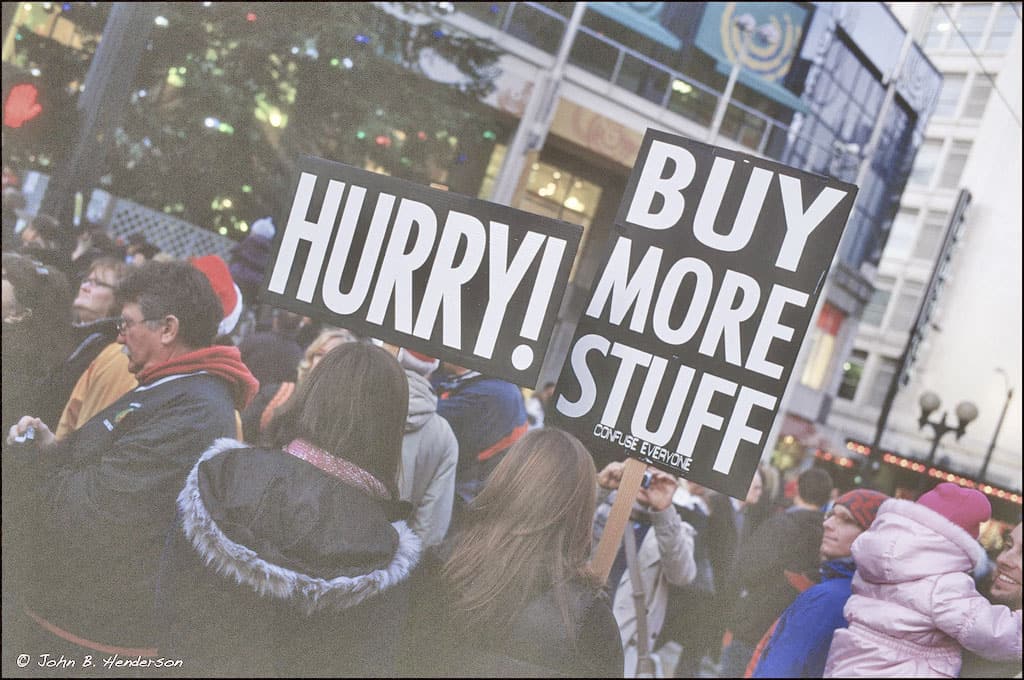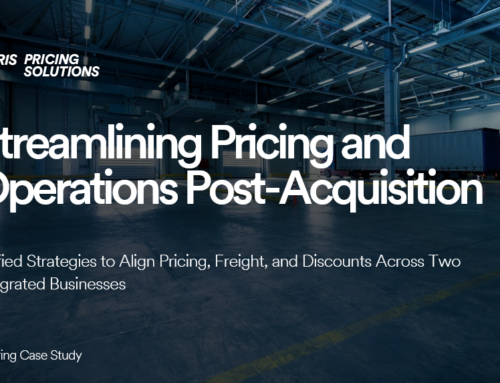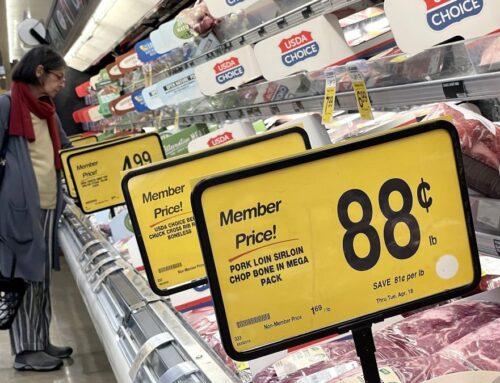Photo byJohn Henderson
‘Black Friday’ has always been a focus of criticism and debate. Aside from the debates around why it’s actually called ‘Black Friday’ (which are as lively as ever), it has also sparked fierce debates about the ethics and morality of the annual event.
However, there’s another debate that has taken the limelight this year. That is; does Black Friday make financial sense for retailers?
One of the most popular definitions of ‘Black Friday’ is that it’s traditionally the day that most retailers move into the ‘black’. Irrespective of whether this is the actual reason behind the name, it can’t be argued that the revenues retailers see each year are anything but astonishing. Last year it’s estimated that over £810 million was spent in the UK alone.
Should Retailers Discount?
As we all know, retailers across the country, both in store and online, discount their products by anything from 10-50% on Black Friday in order to maximise their takings on this single day. However, this isn’t necessarily a good thing.
Last year, retailers in the UK saw the lowest December sales growth since 2008 (just 1%). There are a number of reasons for this, but this support a common opinion that:
If items that people need for Christmas are heavily discounted on Black Friday, of course, customers will buy them then. However, in many cases these are items that they would have bought anyway, even if they were at full price.
“History shows that Black Friday doesn’t increase
the amount shoppers spend over the Christmas period”
Hazel Sheffield, Independent
As with any discount driven promotion, retailers also need to consider the long term effects of discounting, even if it’s just for one day. Discounting, though it can increase immediate sales, can have a negative long-term impact. By discounting you can irreparably decrease the perceived value of an item which will limit consumer’s willingness to pay full price for it in the future.
For these reasons, many high street retailers, most notably ASDA, have decided to shy away from the Black Friday concept in favour of more consistent discounts throughout the lead up to the holiday period.
Does the Concept Have Any Value to Retailers?
So, what are the benefits of running a Black Friday promotion? One important element to consider is market share. Though perhaps the overall Christmas period spend may not increase. Does running a better Black Friday promotion than your competitors lead to a greater share of the consumer spend? Does the timing of Black Friday ensure your discounts are effective as customers still have most of their Christmas shopping to do?
The concept of Black Friday was originally brought over from the States by Amazon. They have since seen great results from their online campaigns. Far from shying away from ‘Black Friday’ in the same way that a number of high street retailers have this year, Amazon are continuing to push forward.
With greater market share going towards online retailers generally, and hence a higher percentage of customers comparing prices of different retailers, it’s understandable that many online retailers are trying to capitalise on the Black Friday concept. Perhaps they see it as a way to accelerate this market share shift?
Whether it’s in the high street or online, there’s certainly a split opinion amongst retailers. It will be interesting to see what data this year’s promotions produce.
Are you in the retail sector? How are you planning on handling your pricing in the lead up to Christmas? Did you run a Black Friday promotion last year?
If you feel that you could benefit from some specialist pricing advice, please don’t hesitate to contact our team.





